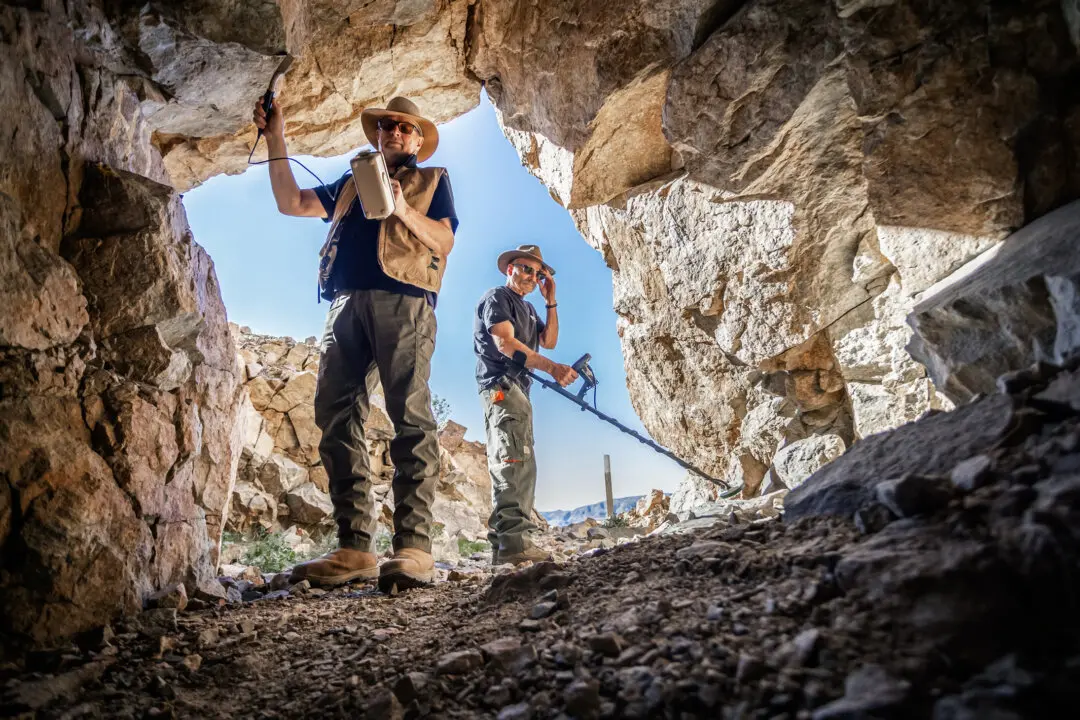A group of chemical engineering students has been denied state funding to participate in a national competition in Florida because of California’s travel ban to certain states that don’t allow biological male athletes to compete in girls’ and women’s sports.
The ban, which Gov. Gavin Newsom signed into law in 2019, was recently expanded by three more states, boosting the total to 26.





